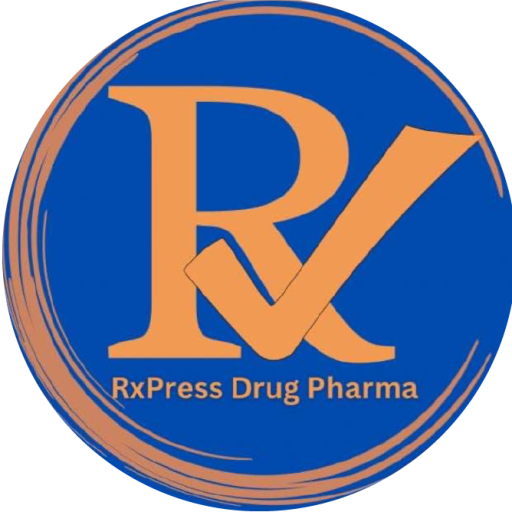In today’s evolving healthcare landscape, procurement pharmacists are crucial in maintaining an optimal supply of medications. Data-driven decision-making is vital for enhancing accuracy, improving efficiency, and ensuring timely drug availability.
Why Procurement Pharmacists Must Embrace Data-Driven Decisions:
1. Enhanced Accuracy: Data analysis helps forecast drug demand accurately, minimizing the risk of overstocking or stockouts.
2. Informed Decision-Making: Historical data enables pharmacists to adjust inventory levels, negotiate better supplier terms, and plan for demand fluctuations.
3. Operational Efficiency: Data-driven insights streamline supply chain processes, reduce waste, and ensure timely medication delivery, enhancing patient care.
Scenario:
Imagine a community pharmacy facing frequent shortages of a popular medication. By analyzing procurement data, the pharmacist can:
Identify Patterns: Spot demand trends and seasonal variations.
Optimize Ordering: Adjust ordering schedules and quantities to better match patient needs.
Negotiate with Suppliers: Secure better terms and flexible delivery options.
Enhance Patient Service: Improve medication availability and patient satisfaction.
Benefits:
Efficient Resource Allocation: Accurately predict demand and manage inventory.
Data-Driven Decisions: Improve procurement strategies and operational efficiency.
Cost Savings: Minimize excess inventory costs and enhance financial management.
Skills to Learn: Healthcare professionals can benefit from:
Data Analysis: Use tools like Excel, Python, and SQL.
Data Visualization: Create impactful visuals with Excel and Python.
Supply Chain Management: Optimize processes and forecast demand.
Conclusion:
Data collection and storage are fundamental for effective decision-making and operational improvements. Investing in robust data practices ensures valuable insights are available, transforming procurement practices and improving patient care.
Dr. Hilary Agbonkhese
Chief Technology Officer, RxPress Health
